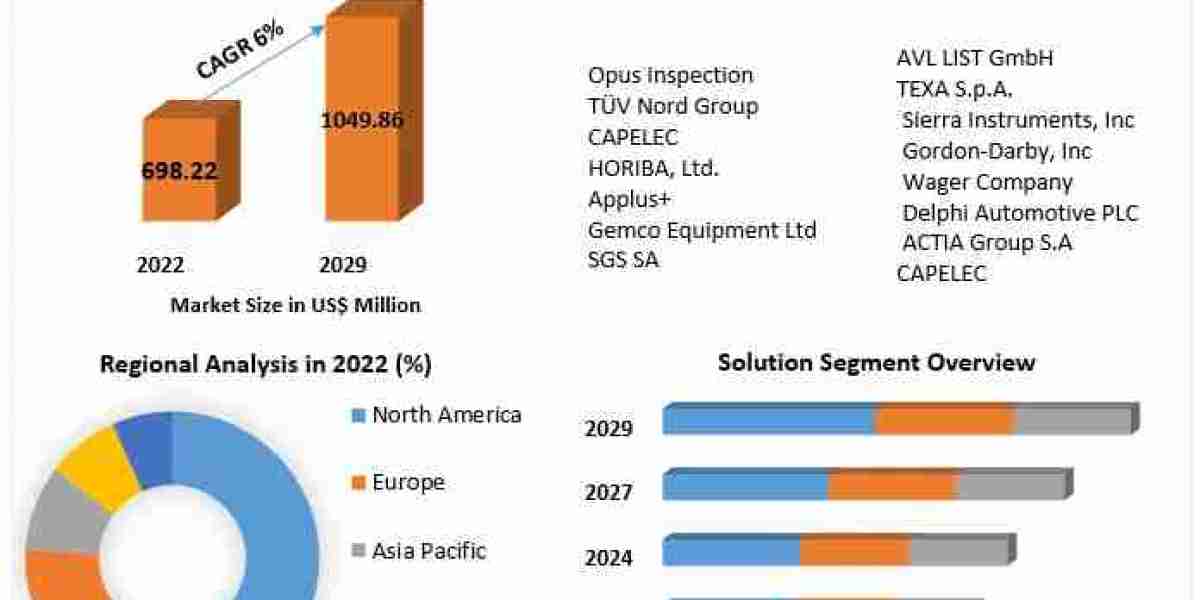As AI and machine learning grow more widespread, privacy concerns are arising. It is hard for software engineers and data scientists to experiment and innovate with real data without exposing private information.
Synthetic data is a privacy-preserving alternative that allows for the same benefits as real data without the risks of disclosure. Here are some of the ways synthetic data can help you:
Privacy-Preserving Data
Using real data to build and test new ideas is great, but it can be difficult for teams that need access to sensitive information to get the data they need. Privacy-preserving synthetic data is an alternative that allows organizations to reduce restrictions on data usage while safeguarding the privacy of individuals and improving transparency around data processing and analytics.
To create synthetic data, a statistical model of the original dataset is created and then sampled to generate new data points. Sensitive data can be replaced with fictitious values to maintain privacy, such as removing personal names with Gretel Transform before sampling the original data set.
Synthetic data is also useful for testing software, as it can help scientists perfect the code before they get access to the actual production data. This can save time and avoid costly mistakes that could compromise security or privacy.
Increased Speed and Agility
When a team needs to test new software or improve machine learning models, they can use synthetic data. The data doesn’t have any personal information, so they can work with it more quickly and without privacy concerns.
This is especially important when it comes to testing new algorithms or ensuring compliance with data regulations such as GDPR or HIPAA. Data breaches or leaks can cost businesses big and damage their reputation. With synthetic data, they can ensure the accuracy of their models while complying with regulations and protecting the privacy of real customers.
The ability to work with data at scale and increase the speed of their work is a game changer for many organizations. With the right technology, the resulting data set can even offer safeguards against adversarial attacks.
Unlock Any Use of Data
As artificial intelligence and machine learning continue to grow and find applications in areas like health care, financial analysis, and art, people are concerned about how these systems might reveal private information or lead to discrimination. Synthetic data can help address those concerns by providing software developers and researchers something that resembles real data but doesn’t contain any of the same information.
And because synthetic data is not tied to any particular individual or household, it’s outside the scope of most privacy laws, making it a great tool for companies that need to stay data-driven but also follow strict regulations. This makes it easier to share with external parties, researchers, and developers. It also simplifies compliance with regulations such as GDPR, HIPAA, and more.
Compliance
One of the most important things to keep in mind when using synthetic data is adherence to privacy laws and regulations. Sharing or misusing personal data can result in expensive lawsuits, which can damage the company’s brand image.
With synthetic data, companies can meet compliance requirements without compromising the privacy of their customers or employees. It also helps them avoid the risks associated with re-identification attacks that could occur if the data was shared or analyzed in its original form.
To generate synthetic data, the source dataset is modeled using various AI machine learning techniques. The model then produces synthetic data that can be used in place of the real-world data without re-identifying individuals. This allows organizations to use data for business purposes such as improving the accuracy of AI models and increasing the speed of product development and testing.
Security
To test their software applications and machine learning models, software engineers and data scientists require large volumes of real data. However, obtaining this data can be time-consuming and expensive. This is especially true for personal or sensitive information.
Privacy laws such as GDPR and CCPA limit how long companies can store and access data for analysis. Synthetic data avoids these restrictions as it is created by removing the variables that have no analytic value from a source dataset, and is not tied to a specific individual.
Providing access to this new, synthetic data generation can eliminate the need for lengthy procedures and enables organizations to be more agile with their internal sensitive data. This can help organizations grow their data-driven revenue streams without compromising privacy or safety regulations.



